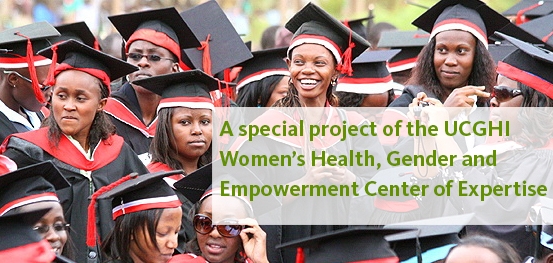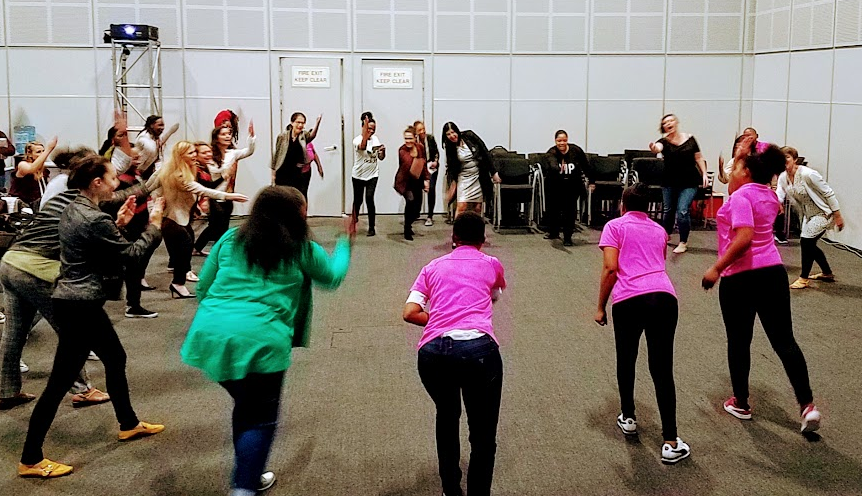
From the Global Campus Prevention Initiative 2019 Report, please read the rest of the brief on partnering with African universities to prevent campus-based sexual assault and intimate partner violence here.
A Call to Action
Sexual violence (SV) and intimate partner violence (IPV) are pervasive problems on college and university campuses, worldwide. Although anyone can experience SV or IPV, research from the United States suggests women and lesbian, gay, bisexual, transgender, and queer (LGBTQ) identified folks are disproportionately impacted. Survivors of violence have increased risks for many negative health outcomes, including anxiety and depression, migraines, sexually transmitted infections (including HIV), unintended pregnancy and adverse reproductive health (relative to those unexposed to violence).
College students who experience SV/IPV are uniquely at risk for additional adverse consequences. For instance, women sexually assaulted during their first semester of school tend to have lower grade point averages than women not assaulted, and one in three survivors of SV/IPV will transfer or drop out of college altogether.
Additionally, college women with histories of partner violence, relative to those with no such history, are more likely to experience reproductive coercion (i.e. , pregnancy coercion, birth control sabotage, etc.), increasing likelihood of unintended pregnancy. It is imperative that colleges/universities employ strategies to account for students’ experiences of violence by improving awareness, response, and prevention programs and policies surrounding all forms of violence against women, LGBTQ, undocumented students and other key individuals and groups with unmet needs.

Global Campus Violence Prevention
The Women’s Health, Gender and Empowerment Center of Expertise (WHGE-COE) is an 10-campus initiative of the UCGHI. We envision a world in which equitable gender norms lead to healthy and empowered women — including college and university students. The Center promotes research, education and community engagement both globally and locally to reduce gender and health inequities. The WHGE-COE recognizes that sexual assault and intimate partner violence are pervasive problems on college and university campuses, worldwide. Our COE is committed to supporting work and building partnerships that contribute to the transformation of global campus culture. Our vision is for all college and university students around the world to be part of an academic environment where they can enjoy sexual safety, respect and autonomy and have the greatest chance at personal, intellectual and academic success.
Goals and Objectives
Through this focused collaborative, we aim to support, learn from and establish a research and advocacy network with academic partners working on campus violence prevention in the Global South.
